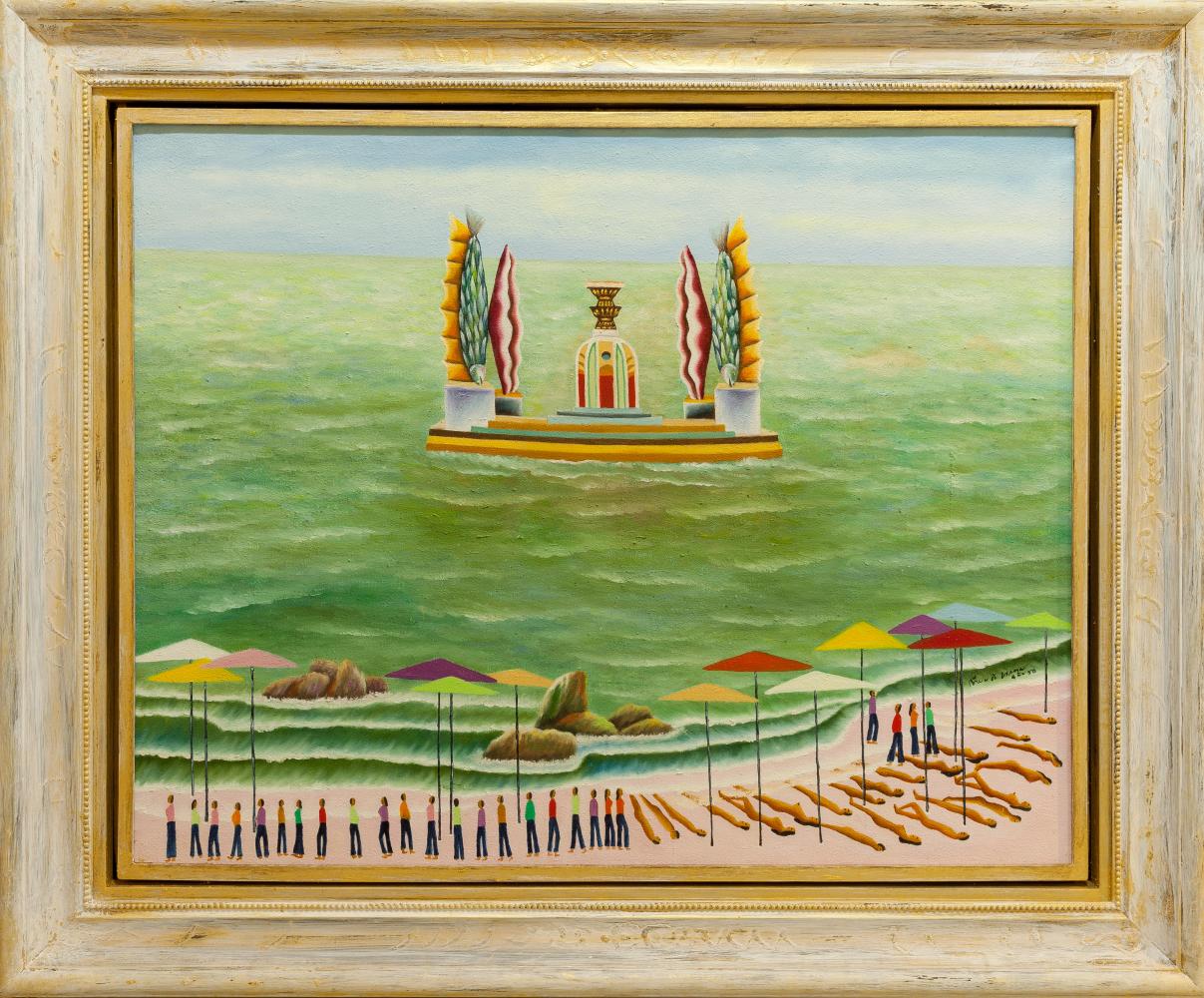Showing 1 - 6 of 6
Judging by the cover
Life, Chris Baker, Published on 02/09/2022
» We first published A History Of Thailand in 2005, 17 years ago. We have just prepared a fourth edition, adding a new chapter on the extraordinary events since 2005, and over 200 other changes based on new research, mostly by Thai historians. We needed a new cover to signal that this edition is really different.
Remembering the history that some want forgotten
Life, Chris Baker, Published on 11/03/2022
» Royalist history paints 1932 as a coup by a self-interested clique which thwarted King Prajadhipok's wish to introduce a constitution and led Thailand to militarism and fascism. In 2017, the plaque commemorating 1932 was ripped out of the Royal Plaza -- symbolising the wish to cancel all memory of the event. Democratic history claims 1932 as a revolution which launched Thailand towards democracy and a modern society in which the majority can participate and benefit. In 2020 the youth activists reinstalled the plaque in cyberspace and called themselves the New People's Party. The event matters, one way or the other, down to today.
From prostration to prostration
Life, Chris Baker, Published on 05/03/2021
» After leading a coup in 2014, Gen Prayut Chan-o-cha announced a code of "Twelve Thai Values", telling people how to think and behave. It is difficult to imagine Angela Merkel announcing "Twelve German Values", or even Narendra Modi announcing "Twelve Indian Values". Since the mid-19th century, there have been lots of Thai manuals about proper body language and oral language in social encounters. These books tell a story about power and hierarchy that Patrick Jory narrates in fascinating detail.
Too cruel to contemplate
Life, Chris Baker, Published on 07/08/2020
» The silhouette at the top right of this achingly beautiful book cover recalls a famous photograph from the Thammasat massacre of Oct 6, 1976. The photo showed a dead man hung from a tree being beaten by a chair while a ring of people watch. The silhouette is deliberately ghostly. The incident is well-known but little known. The photo is famous but the dead man, the man wielding the chair, and the prominent bystanders have never been identified. Even the location of the tree is uncertain. The whole event is full of "unanswered questions". The memory of the incident is in a limbo which Thongchai Winichakul calls "the unforgetting".
An academic life
Life, Chris Baker, Published on 16/08/2019
» Charles "Biff" Keyes is exceptional. Among the foreign researchers who first came to study Thailand over half-a-century ago, few are now regularly read and cited today. Their works have aged. Academic fashions have changed. Their names have slowly faded. But anyone wanting to understand Thailand's Northeast today will still read Isan: Regionalism In Northeastern Thailand, first published in 1967 as a modest "data paper". This can partly be attributed to Keyes' staying power. He continued to teach, write and regularly visit Thailand until a handful of years ago. But it's also due to the book's quality, Biff's engaging personality, and his major role in the development of the study of Southeast Asia.
The best prime minister Thailand never elected
Life, Chris Baker, Published on 16/11/2018
» Anand Panyarachun's two spells as unelected prime minister in 1991-2 had such a profound effect that they now seem preordained by history. This splendid book shows how the reality was otherwise.







